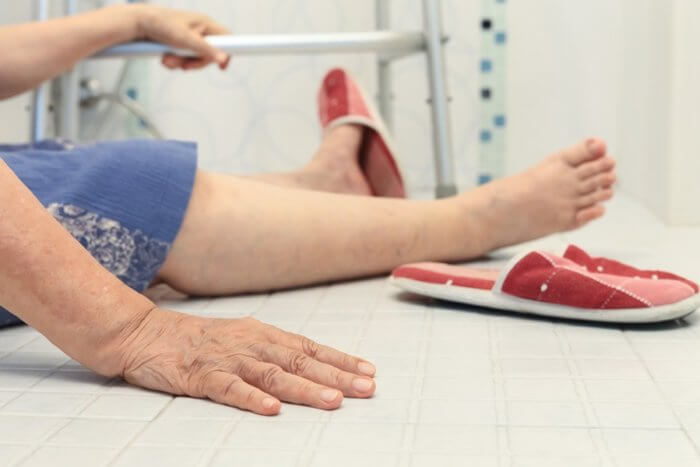The Different Levels of Senior Care in Assisted Living Facility

The Different Levels of Care Seniors Might Receive at an Assisted Living Facility
Not all seniors are the same. That’s a pretty basic statement, and certainly true. Yet, somehow, it seems as though people make assumptions when it comes to various types of elder care, that aging men and women are all treated the same. Since they are not the same, though, that can’t possibly be true.
Take assisted living, for example. Some people equate this with a different type of senior care option, one that is more relegated to those who need significant medical attention around the clock. While some assisted living communities might certainly offer direct medical attention for some of the residents (in most cases) this is a living option for seniors who want to stay active, who may have some health or physical limitations, and who may need some assistance, but not significant or all the time.
Within each assisted living facility there are going to be different levels of care aging men and women might be able to receive. Let’s look at a few examples.
Help during the overnight hours.

Some seniors might be dealing with arthritis or are recovering from surgery or an accident and may have difficulty getting out of bed, especially during those overnight hours. This aging senior might need to use the bathroom, but as he turns over and tries to swing his legs down, he doesn’t feel secure.
He knows there’s a risk of slipping and falling, so he can reach over and call for a staff member to help him. As long as he can wait a few minutes for somebody to arrive, having that extra pair of legs, the extra physical support, can make all the difference in keeping them safe.
Memory care options.
If an aging senior has been diagnosed with some type of memory-related issue, like a traumatic brain injury, dementia, or Alzheimer’s (which is a form of dementia), a memory care assisted living community would be a wonderful option to consider.
The more experienced staff members have in supporting aging seniors with memory-related challenges, the more effective they become at helping them remain calm and safe, and still pursue a high quality of life, as much as is possible given the advancement of memory loss.
Respite care options.
Some assisted living facilities do provide respite care services. This means an aging senior might be able to stay overnight at the facility and then return home in the morning. They may also be able to stay for a few days and nights during the week, which could be perfect for giving their family caregiver a much-needed break or to focus on their own responsibilities.
An aging senior may also be able to stay for a week or two at a time, maybe even a month if their family caregiver or other support system is going on vacation, has to travel for work, or has other things to take care of.
These are just a few quick examples of the different levels and types of care you might find at assisted living. Contact a facility directly and take a tour, and be certain to ask pointed questions on that tour so you know precisely what they provide.






Leave a Comment